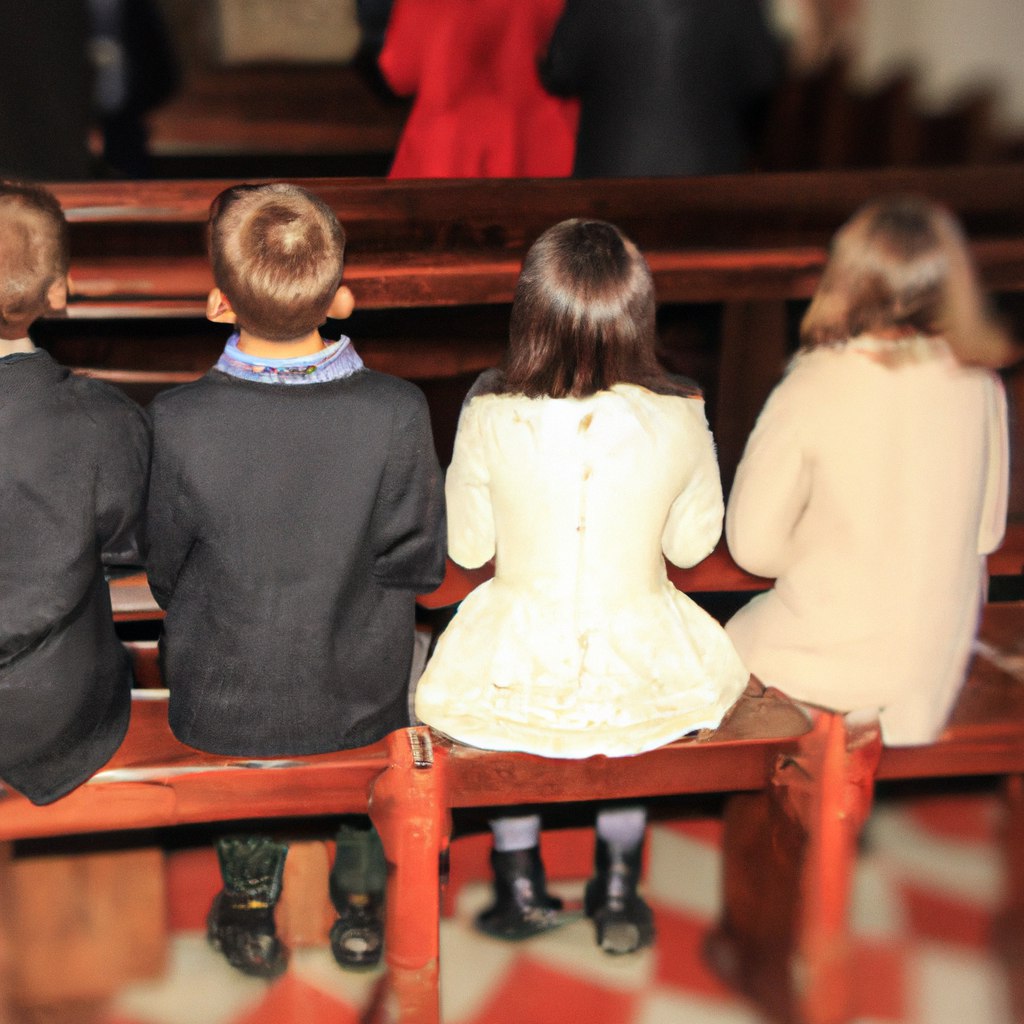Nurturing the Young: The Role of Religion in Children's Upbringing

Engaging children in religious practices can play a significant role in their development. It can impact various aspects of their personality, values, and attitudes that persist into adulthood. This might also mold their temperament and behavior, rendering long-lasting effects on personal, moral, and social levels.
Religion, with its structured principles and moral guidelines, provides a framework which can nurture a strong ethical character and guide children in distinguishing between what is right and wrong. The church in Bronx, NYC, is an embodiment of such ethical teaching. It strives to inculcate moral values and principles amongst the young, supporting their development into well-rounded individuals.
For starters, religious teachings often advocate the practice of kindness, honesty, respect, and generosity. Children attending religious activities are continuously exposed to lessons of love, equality, and humility. They become more compassionate and accepting of diversity, thereby fostering a sense of universal togetherness.
Moreover, the structured nature of religious practices can help develop discipline and responsibility. The regularity of attending the service, participating in religious customs, or reciting prayers inculcates punctuality, commitment, and respect towards a higher power. It also promotes emotional stability by offering a spiritual haven amidst troubles and daily life stresses.
Yet, it’s crucial to approach this religious influence on children with wisdom and caution. Religion should not be forced but gently integrated into a child’s life while fostering an atmosphere of openness and discussion. The child should have the ability to question, explore, and understand the beliefs they are exposed to.
Consider, for example, the church of God’s children in Bronx. Besides promoting religious teachings, it equally emphasizes the importance of an open dialogue about faith with its children congregation. While guiding the children towards moral virtues, it equally encourages them to form their personal understanding of religion.
Interestingly, religion not only provide moral and ethical guidance but could also foster intellectual curiosity and enhance cognitive abilities. Many religious practices stimulate story-telling, engaging children in tales of divinity and moral dilemmas. This not only challenges their cognitive abilities but also foster creative thinking and imagination.
The role of religion in a child’s upbringing is potentially profound and multifaceted. Attention should be given to the potential of religious practices in nurturing value-laden, compassionate, responsible, and intellectually curious future adults.
Yet, it’s essential to strike an appropriate balance and ensure a healthy religious influence that promotes growth and exploration rather than dogmatic indoctrination. This balance will not only mold the child into a better individual but will pave the way for a more harmonious and tolerant society.
